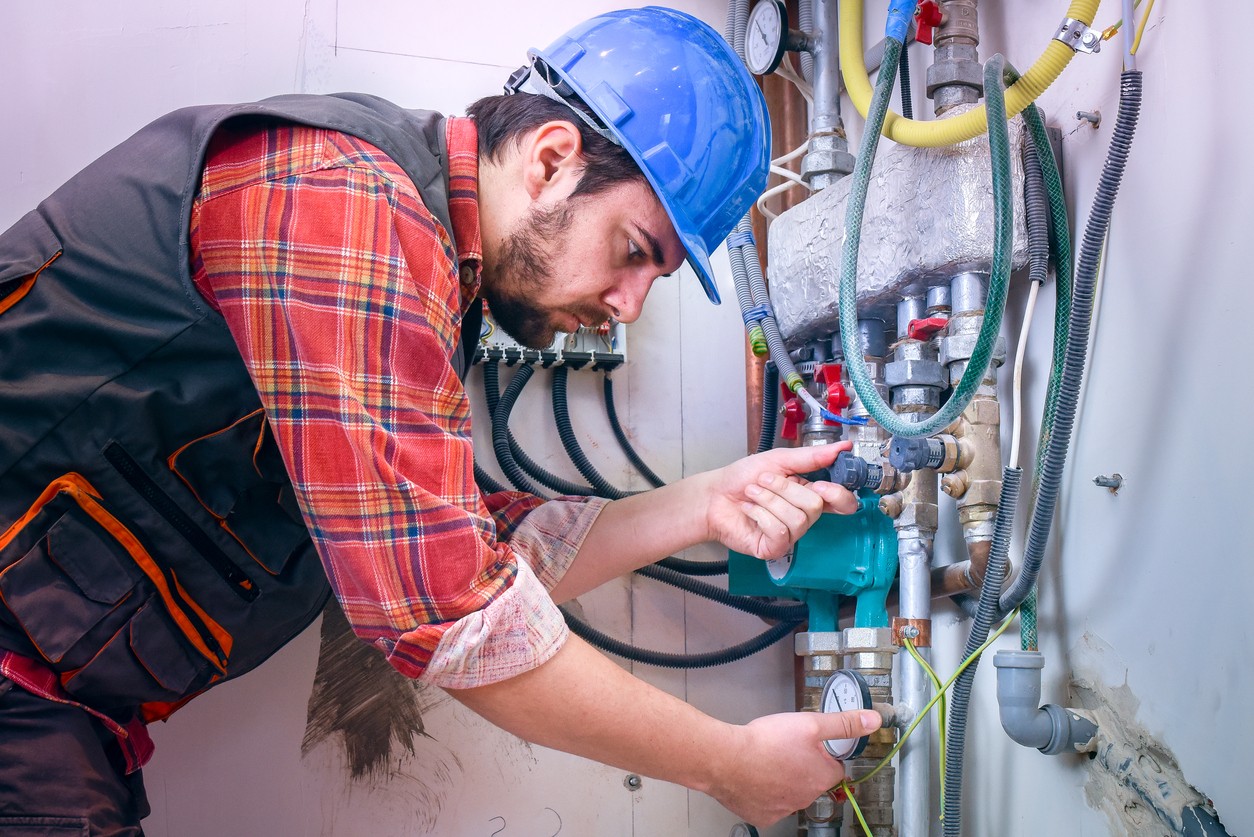Boiler breakdown 101: How to Prevent It

Boilers are essential to many people’s lives, providing heat and hot water daily. But, like all mechanical devices, boilers break down from time to time. This blog post will look at some of the most common reasons for this issue and what you can do to prevent them.
Nobody wants to experience the unthinkable: a sudden breakdown that disrupts daily routine horribly. So, it’s critical to understand how your boiler operates and what could go wrong. From this point onwards, you can use the appropriate preventative measures, which will ultimately help you save time and money. We’ll also touch on some of the dangers of an overheating boiler and what you should do if you find yourself in this situation.
Know your boiler
Knowing how your boiler works will help you detect any defects or issues before they become serious. The water pressure should usually remain steady at a certain level and shouldn’t change much. It’s critical to seek guidance as soon as possible if you realise your boiler’s water pressure is down. You should also know what to do if your pilot light blows out or becomes yellow.
Common reasons for boiler breakdown and easy solutions
If your boiler is repeatedly shutting itself off or if it starts making strange noises, it may be time to investigate whether or not it is overheating.
One of the most common reasons for boiler breakdown is limescale build-up. Limescale is a complex, chalky substance that forms when water high in calcium and magnesium deposits itself on the metal surfaces of your boiler. Over time, this limescale build-up can restrict water flow through your boiler, causing it to overheat and break down.
To prevent limescale build-up, it’s essential to have your boiler regularly serviced by a qualified technician. They will clean out the inner workings of your boiler to remove any existing limescale and then apply a specialist limescale inhibitor to help prevent it from reforming.
Another common cause of boiler breakdown is a build-up of sludge. Sludge is a mixture of dirt, rust, and other debris that can collect in the bottom of your boiler over time. If this sludge is not removed, it can cause blockages that prevent water from circulating properly through your boiler. This can take you to overheat and eventual breakdown.
Like limescale, sludge build-up can be prevented through regular servicing by a qualified technician. They will clean out the bottom of your boiler to remove any existing sludge, and then to prevent it from reforming, use a corrosion inhibitor.
If you suspect that scale might be the culprit, there are a few things that you can do to fix the problem. First, try descaling your boiler with a chemical cleaner. Most hardware stores carry these cleaners for sale. Follow the instructions on the packaging, and make sure to wear gloves and eye protection while you’re using them.
If descaling doesn’t work, your next option is to replace the heat exchanger. This is a more involved repair, but it will fix the problem permanently. You should only attempt this repair if you are comfortable working with gas lines and have some experience working on plumbing projects.
Don’t panic; call out the experts
you should call the technicians if you’re concerned that your boiler isn’t operating correctly. Because neglecting It is wasteful and may be harmful to wait until the entire system fails. Don’t try any boiler repairs you aren’t confident handling; consult a Gas Safe registered professional if you have any doubts.
Additionally, if you need to remove the boiler cover to look inside it, be sure you are appropriately registered and qualified, or you risk breaking the law.
Final verdict:
Overheating boilers is a common and potentially dangerous problem that homeowners face. If your boiler is repeatedly shutting off or making annoying noises, it may be time to call a professional to resolve this problem.
Although boilers are a necessity in the life of many people, they can malfunction like any daily-use mechanical device. We’ve already looked at two of the most common causes of boiler breakdown – limescale and sludge build-up – and what you can do to prevent them. Regular servicing by a qualified technician is the best way to keep your boiler running smoothly for years to come.
